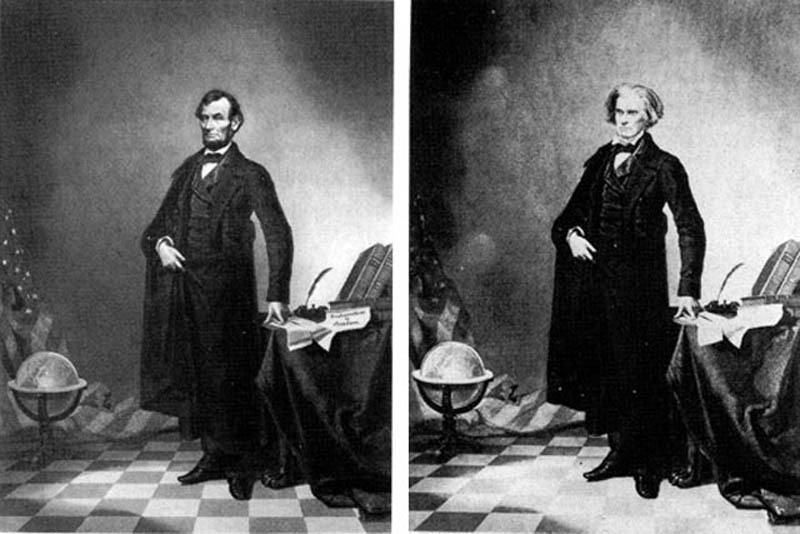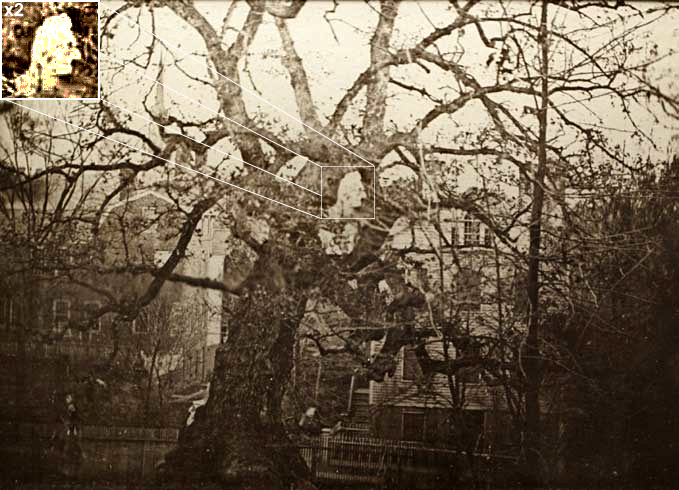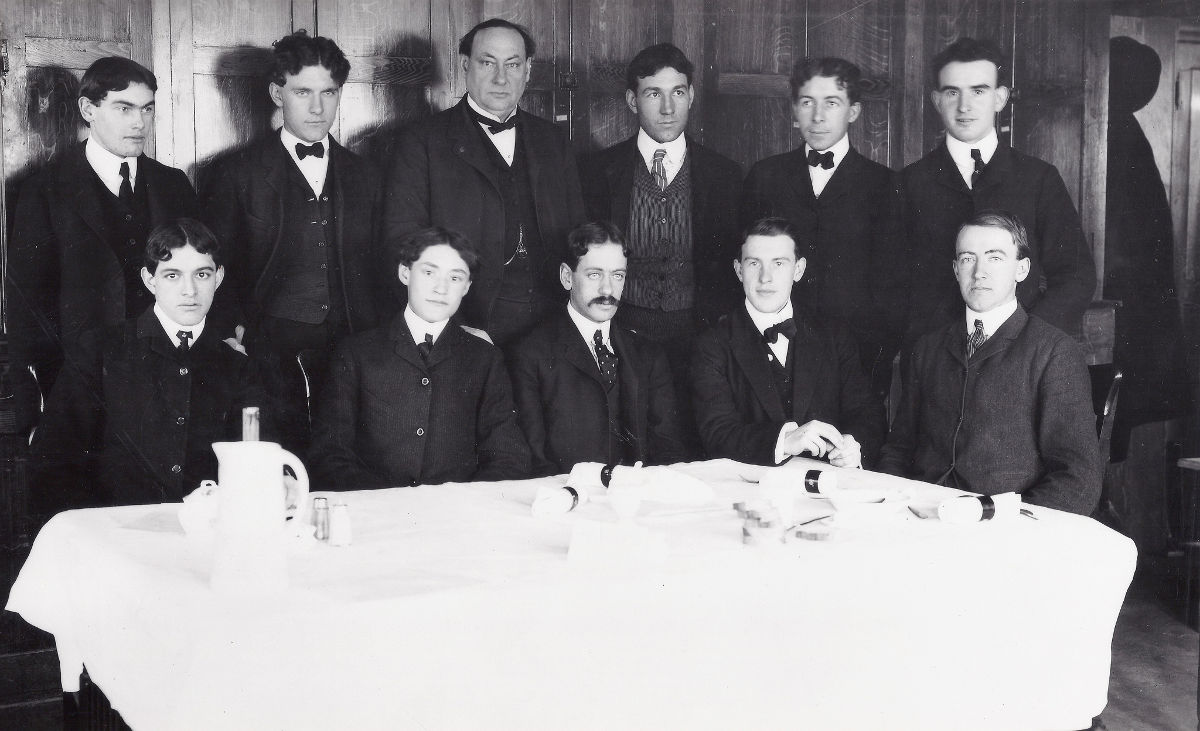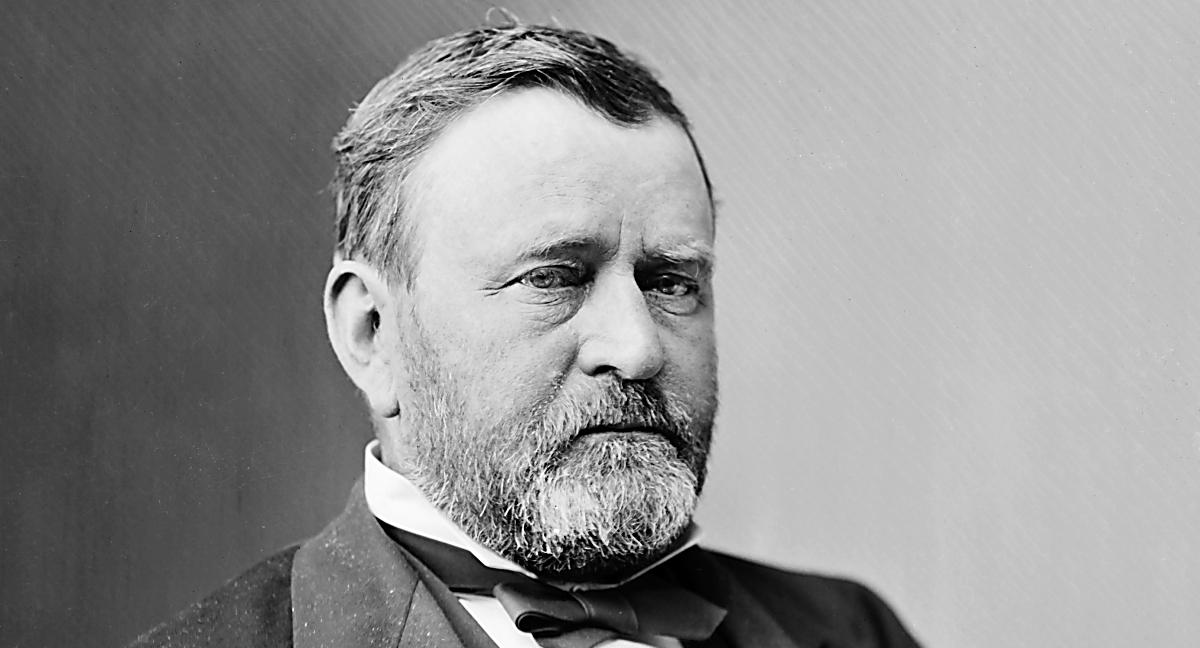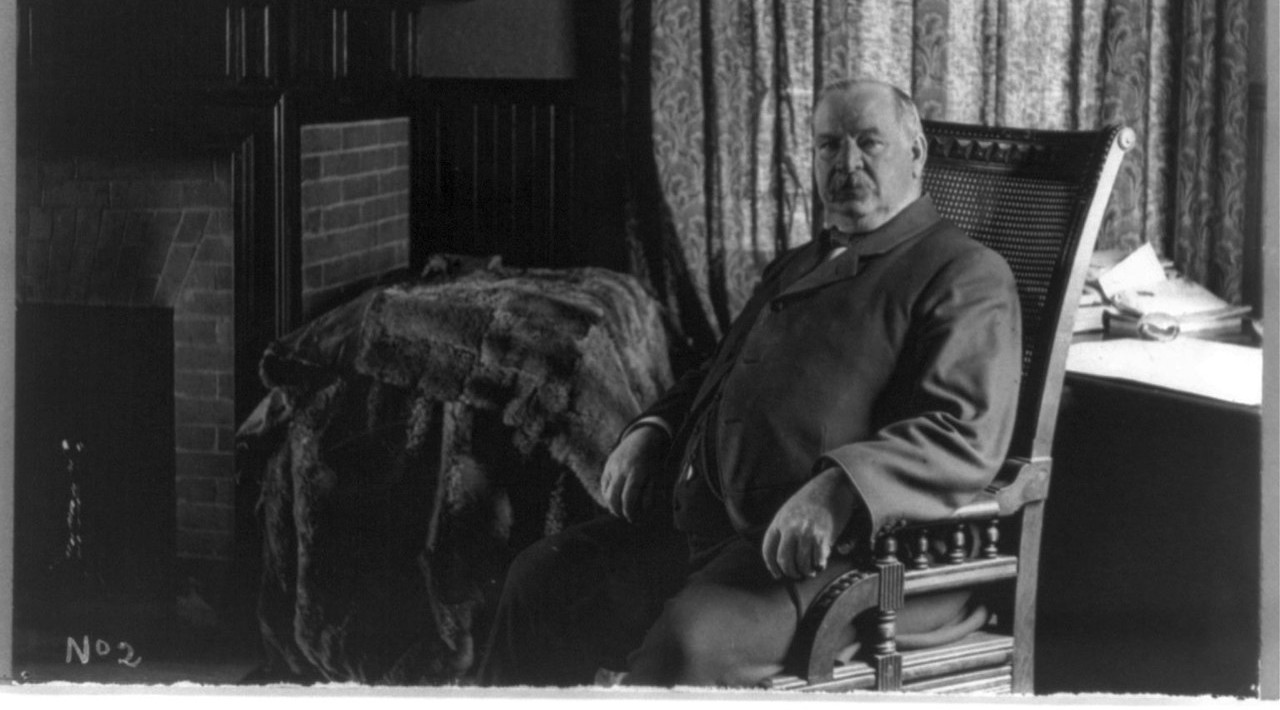Churchill himself is a talented heckler. Sir William Joynson-Hicks was making a speech before Commons and noticed Churchill shaking his head so vigorously that attention was distracted from the address. ‘I see my right honourable friend shaking his head,’ cried Joynson-Hicks with exasperation. ‘I wish to remind him that I am only expressing my own opinion!’
‘And I wish to remind the speaker that I am only shaking my own head,’ replied Churchill.
— Brisbane Courier-Mail, 1952


